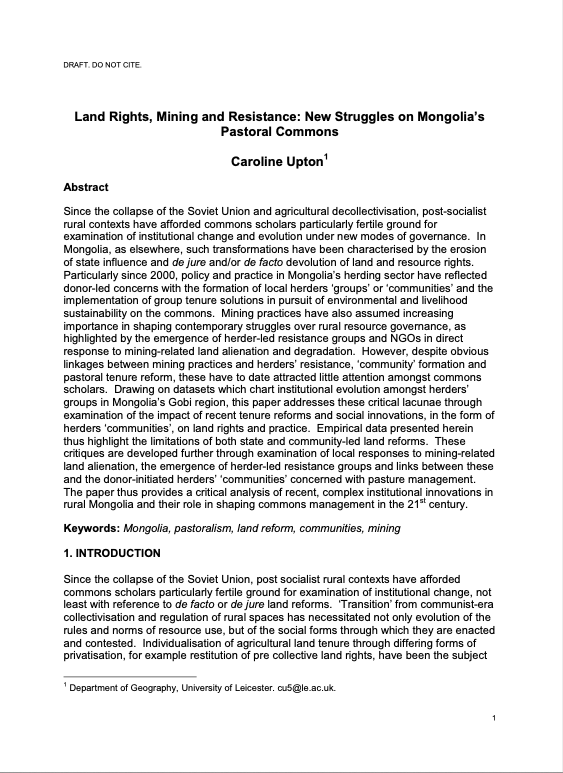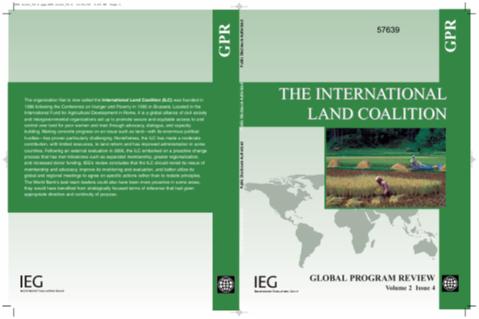LAND REFORM AND DEFORESTATION IN THE BRAZILIAN AMAZONIA
No processo de reforma agrária brasileiro é comum a redistribuição de terra ocorrer por meio de invasões das grandes proprieades pelos sem terra. Esse mecanismo introduz insegurança no direito de propriedade fundiária e, na Regîão Amazônica, tem como consequência o excesso de desflorestamento. Esse trabalho utiliza um jogo não-cooperativo para mostrar que as interações estratégicas entre proprietários e posseiros em um contexto instittucional onde as florestas naturais são consideradas como recursos de livre acesso implicam o excesso de desflorestamento.





